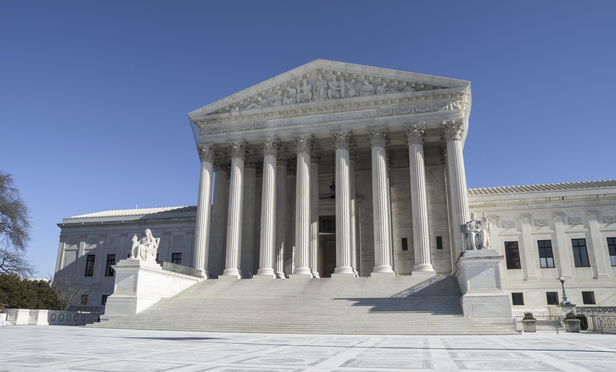On May 27, the U.S. Supreme Court continued its foray into the oft-litigated world of the False Claims Act (FCA). In Kellogg Brown & Root Services Inc. v. U.S., the court held that the Wartime Suspension of Limitations Act (WSLA) does not apply to civil actions, clarifying that the statute of limitations defense remains available in FCA cases. While this ruling favored FCA defendants, the court’s decision also limited the first-to-file bar—another key defense in these cases.
Even though its decision left open many important questions about the first-to-file bar, the court’s own implicit answers to some of those questions suggest that the first-to-file bar, combined with a revitalized statute of limitations defense, remains a valuable tool for defendants. But those defendants must pay careful attention to avoid losing that tool’s protection.






